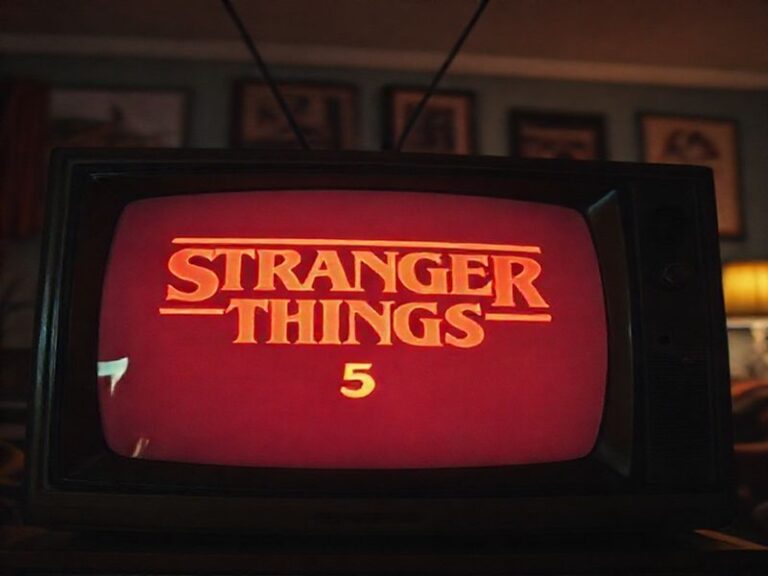Carrie Underwood: The Evangelical Soprano Soundtracking a Fracturing World (With Extra Sparkle)
Carrie Underwood: How a Farm-Girl Soprano Became the UN’s Unofficial Soundtrack for Late-Stage Capitalism
By Our Correspondent in Exile, Currently Somewhere Between Nashville and Narnia
MOSCOW—Somewhere between the Kremlin’s nightly news and the latest oligarch yacht auction, a familiar voice crackles over a tinny radio in a Lada dashboard: “Jesus, take the wheel.” It is Carrie Underwood, the Oklahoma-born soprano whose career now performs the same diplomatic function as a McDonald’s in an airport: reassuring, vaguely American, and engineered to travel better than a diplomatic passport.
From Jakarta karaoke bars to Finnish truck stops, Underwood’s catalog—equal parts Sunday-school pep rally and revenge fantasy—has become the elevator music of globalization. Spotify lists her in 92 countries’ “Top Country” charts, a genre that, like democracy, is observed more in the breach than the practice. Even Pyongyang’s smuggled flash drives carry “Before He Cheats,” presumably filed under “instructional sabotage.”
The international reach is no accident. In 2005, Underwood won the fourth season of “American Idol,” a competition whose format has since been franchised from Afghanistan (“Afghan Star”) to Nigeria (“Nigerian Idol”), proving that while empires collapse, the business of discovering marketable tears remains evergreen. Each local franchise dutifully exports the same narrative arc: humble dreamer, confessional backstory, pyrotechnic key change. Underwood simply did it first, and with better dental coverage.
Economists at the IMF—when not Googling “crypto-meltdown memes”—have noted that Underwood’s touring revenue correlates inversely with emerging-market currency volatility. The theory: when the peso wobbles, fans seek the certainty of a G-major chorus and a sequined jumpsuit. Call it the Underwood Hedge; it’s probably more reliable than the Argentine peso.
Lest you dismiss this as mere cultural imperialism, consider the counter-flow. In 2019, Underwood collaborated with Swedish EDM duo Galantis, yielding “Saints & Sinners,” a track that sounds like ABBA discovering Jesus at Coachella. It charted in 17 countries, proving that Nordic melancholy and Bible-belt belting can indeed coexist, much like NATO troops and Turkish democracy.
Meanwhile, China’s TikTok twin, Douyin, clips her power notes into fifteen-second bursts for factory workers on night shift. The algorithm doesn’t translate the lyrics—why bother? The emotion is self-explanatory, like the universal sign for “my supervisor is a tyrant.” A recent Beijing think-tank paper cites Underwood’s growl as evidence that “American soft power still outperforms its hard.” Somewhere in the Pentagon, a four-star general updates the PowerPoint.
Europeans, ever allergic to earnestness, prefer her ironically. Berlin clubs remix “Blown Away” into seven-minute techno dirges; the same kids who’d never set foot in an evangelical megachurch lose their minds when the beat drops at 3 a.m. It’s post-ironic salvation, available for 18 euros plus coat check.
Then there are the humanitarian footnotes. After Haiti’s 2010 earthquake, Underwood donated proceeds from a single to relief efforts—roughly the cost of one Tomahawk missile, but infinitely better PR. The gesture launched a thousand think-pieces on “celebrity savior complex,” which were promptly recycled into conference papers on neo-colonial storytelling. Everyone felt terrible, then streamed “Cowboy Casanova” on repeat.
Back home, Nashville still markets her as the girl next door, provided your suburb includes a private jet hangar. Yet on the world stage, she’s become something grander: the sonic equivalent of a Starbucks cup—recognizable on every continent, comforting until you remember the markup.
As COP delegates argue over carbon credits, Underwood’s touring crew has quietly switched to biodiesel trucks, a move hailed by press releases as “planet-positive.” The planet, for its part, remains unconvinced, but appreciates the gesture the way one enjoys a free mint at a chain hotel.
In the end, Carrie Underwood’s global footprint tells us less about country music than about the human desire for tidy three-act narratives in a world that stubbornly refuses the fourth. We import her anthems the same way we import avocados: year-round, regardless of season, and with a nagging suspicion that the real cost is hidden somewhere in the supply chain.
So the next time you hear “Jesus, take the wheel” in a Moldovan minivan, remember: it’s not just a song, it’s a trade imbalance with a backbeat. And somewhere, a Ukrainian DJ is already sampling it for the summer protest season.







